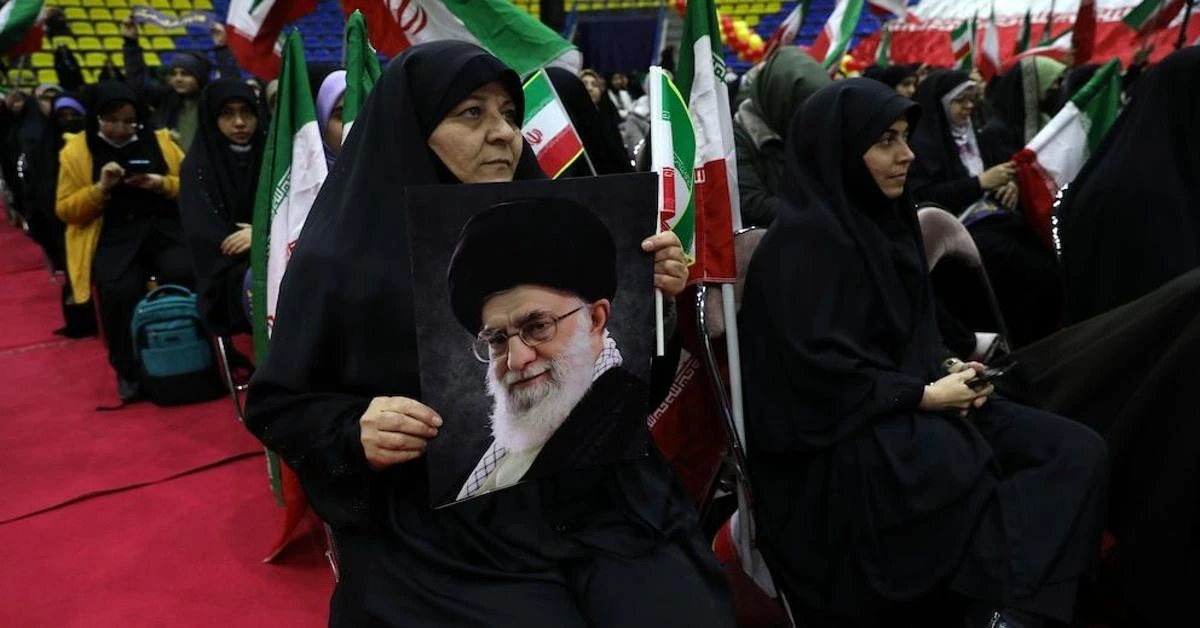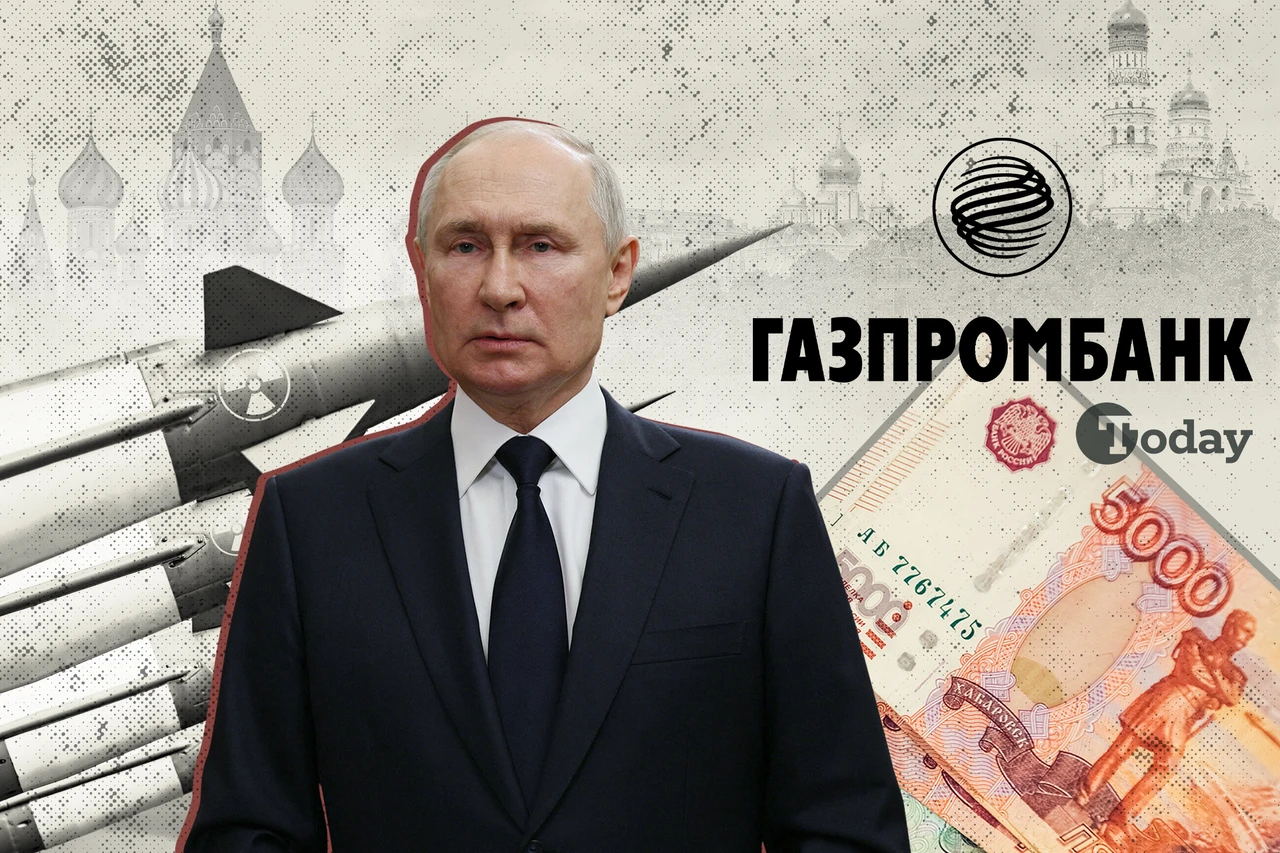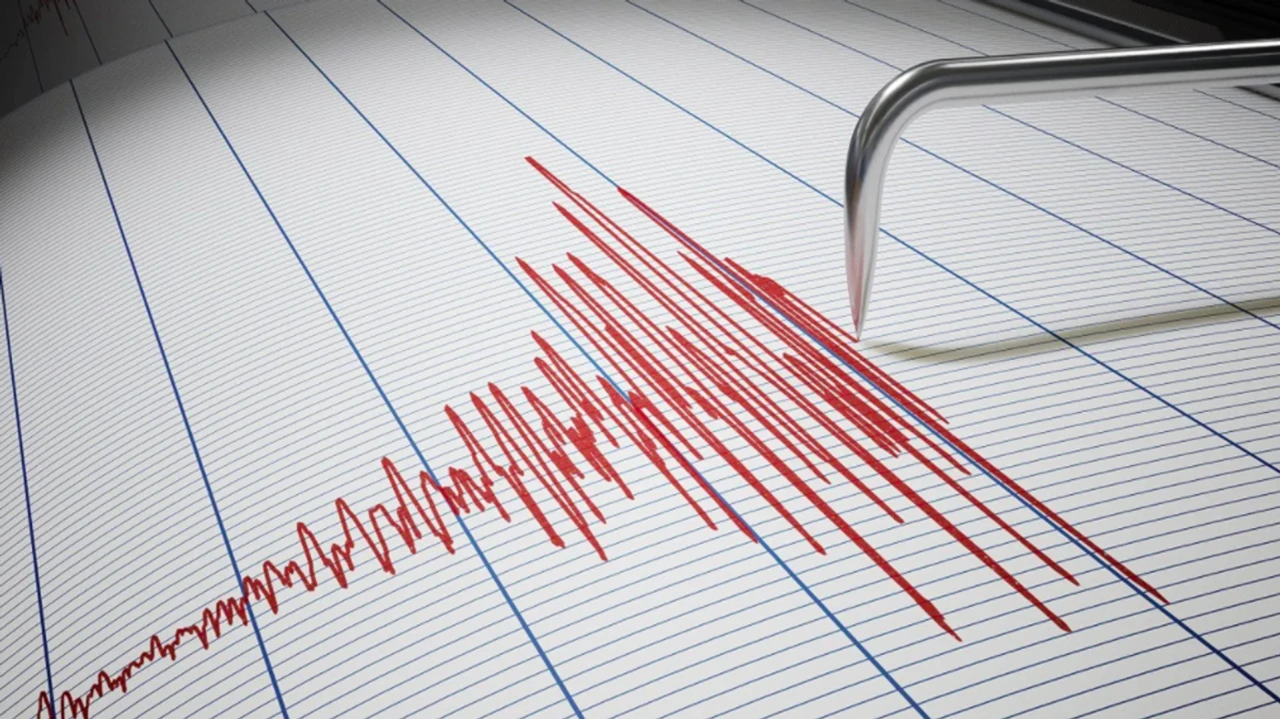Iranians to vote in controversial March 1 parliamentary elections

As Iran gears up for parliamentary elections on March 1, expected low turnout and controversy over candidate vetting by the Guardian Council cast a shadow over the electoral process
Iran is set to hold parliamentary elections on March 1. This is the first general vote since a widespread uprising, primarily led by women and girls, swept across the country in 2022, demanding an end to the rule of the Islamic Republic.
Turnout for the elections is expected to be low, particularly in Tehran and other major cities, according to government polls cited in Iranian media.
Additionally, there will be a concurrent election on March 1 to select members of the Assembly of Experts, an 88-seat body. As per Iran’s Constitution, this assembly is responsible for electing the supreme leader, the highest clerical authority in the country, who holds ultimate authority on key state matters and serves as the commander in chief of the armed forces. The assembly also acts as an advisory council to the supreme leader and has the authority to oversee or dismiss him, although it has never exercised this power.
In theory, Iran’s parliament has oversight over the executive branch, participates in treaty approvals, and handles various other governmental matters. However, in practice, the supreme leader, Ayatollah Ali Khamenei, holds absolute power in Iran.
Candidates selected by Guardian Council
Criticism has been directed at the Guardian Council for allegedly manipulating elections, both presidential and parliamentary, by essentially limiting the public’s choices and approving only candidates it deems suitable for office.
All candidates must undergo vetting and approval by the Guardian Council, a 12-member appointed clerical body. This council has disqualified a wide range of candidates, including independents, centrists, and nearly all nominees from the reformist political faction.
Out of the 15,200 candidates permitted to run, the majority hail from conservative political parties. These candidates are competing for the 290 seats in Parliament, each with a four-year term. Notably, there are 1,713 women candidates, more than double the number from the previous parliamentary elections in 2020.
With the conservatives largely uncontested, they are expected to maintain their hold on Parliament. Conservative and hard-line political factions have held control of the Parliament since 2020, the presidency since 2021, and the judiciary, effectively consolidating power across all branches of Iran’s government.
Source: Newsroom
#haber#



